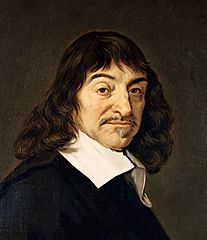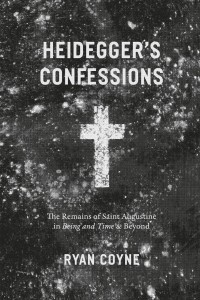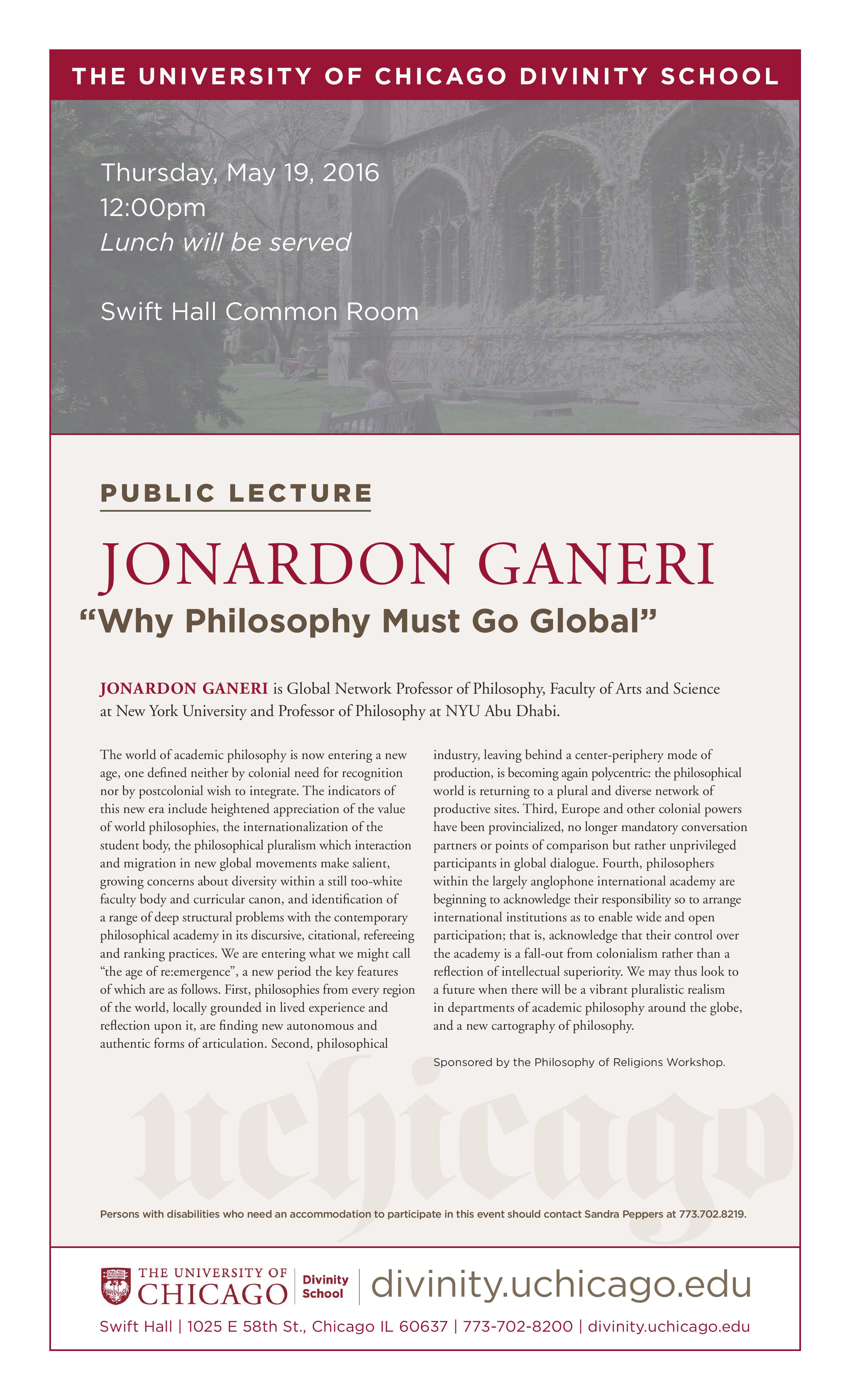Thursday, May 26, 4:30pm
Swift Hall, 3rd Floor Lecture Hall
1025 East 58th Street
Ryan Coyne (University of Chicago)
Jean-Luc Marion (University of Chicago)
Gregory Fried (Suffolk University)
Moderator Mark Alznauer (Northwestern University)
REGISTER HERE
Hosted by the Lumen Christi Institue
Cosponsored by the Philosophy of Religions Workshop and the Theology & Religious Ethics Workshop
Although Martin Heidegger is nearly as notorious as Friedrich Nietzsche for embracing the death of God, the philosopher himself acknowledged that Christianity accompanied him at every stage of his career. In Heidegger’s Confessions, Ryan Coyne isolates a crucially important player in this story: Saint Augustine. Uncovering the significance of Saint Augustine in Heidegger’s philosophy, he details the complex and conflicted ways in which Heidegger paradoxically sought to define himself against the Christian tradition while at the same time making use of its resources.
Ryan Coyne is Assistant Professor of of Philosophy of Religions and Theology at the University of Chicago Divinity School. He holds an MA and PhD from the University of Chicago. Prof. Coyne studies the relationship between modern European philosophy and the history of Christian theology, and is author of Heidegger’s Confessions: The Remains of Saint Augustine in “Being and Time” & Beyond (University of Chicago Press, 2015) and A Spectacle for the Gods: Nietzsche and the Question of Faith (forthcoming).
Jean-Luc Marion is the Thomas Greeley and Grace McNichols Greeley Professor of Catholic Studies and Professor of the Philosophy of Religions and Theology and professor in the Committee on Social Thought and the Department of Philosophy at the University of Chicago, and holds the Dominique Dubarle chair at the Institut Catholique of Paris. He is also Professor Emeritus of Modern Philosophy and Metaphysics at the University of Paris IV (Sorbonne) and is a member of the Académie Française. Among his books are In the Self’s Place: The Approach of Saint Augustine, God Without Being, and The Erotic Phenomenon. In 2014 he delivered the Gifford Lectures on Givenness and Revelation.
Gregory Freid is Professor and Chair of Philosophy at Suffolk University in Boston. He holds an MA and PhD from the University of Chicago and a BA from Harvard University. His research focuses on the history of Philosophy, particularly Plato, Aristotle, Locke, Kant, and Heidegger. He is co-author with Charles Fried of Because It Is Wrong: Torture, Privacy, and Presidential Power in the Age of Terror, co-editor of A Companion to Heidegger’s Introduction to Metaphysics, and is author of Heidegger’s Polemos: From Being to Politics.



